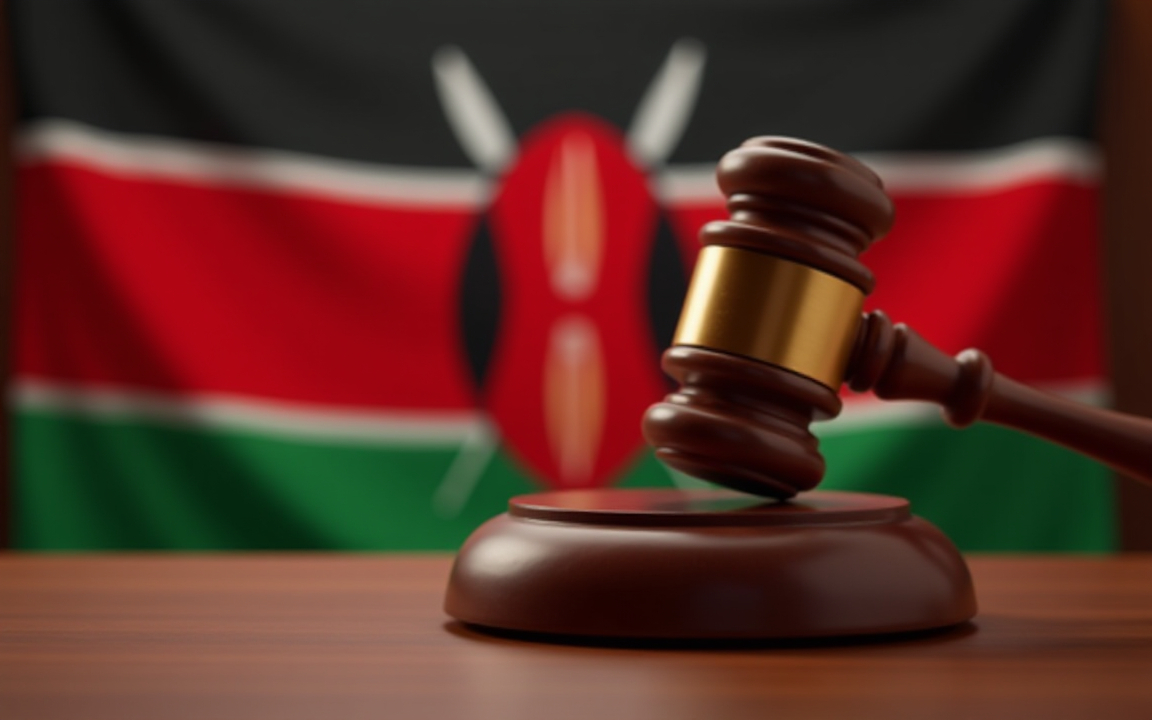The Employment and Labour Relations Court determined that 17 former employees were wrongfully and unfairly fired in 2018, and Safaricom PLC was ordered to compensate them with more than KSh 55 million.
The employees, who were all Area Sales Managers (ASMs), were wrongfully fired after being held accountable for the company’s unsuccessful electronic subscriber registration project, according to Justice Mathews Nduma’s ruling on July 17.
“There is insufficient evidence to prove that the Respondent [Safaricom] deliberately violated the constitutional rights of the Claimants,” the judge noted.
Safaricom found guilty of unfair labour practices
However, he did stress that the termination procedure was unjust, saying that the employees were held to “impossible standards” and were not afforded a reasonable chance to defend themselves.
By summarily firing the workers without addressing the project’s operational flaws, which the workers had repeatedly pointed out during its pilot phase, the court determined that Safaricom had engaged in unfair labour practices.
Background story
The case concerned Safaricom’s October 2016 digital subscriber registration system rollout based on Huawei Y311 devices.
Safaricom went ahead with a nationwide rollout of over 90,000 devices despite the ASM team’s feedback pointing out project flaws.
Many of the devices had been given to agents and dealers when staff members were asked to account for them in January 2018.
According to the employees’ testimony, they gave reconciliation statements and answered audit questions, but the company never gave them any official feedback.
The employees say they were forced to record statements when the Risk Division called them to Safaricom’s headquarters in May 2018. A month later, they received letters of summary dismissal.
According to court documents, “all 39 Area Sales Managers involved in the project were dismissed on June 28, 2018,” though only five were subsequently reinstated.
There was no indication of discrimination in the reinstatements, according to the court.
Allegations of discrimination and constitutional rights violations rejected
The court granted the workers compensation for their wrongful termination and payment in lieu of notice but rejected allegations of discrimination and constitutional rights violations.
However, due to a lack of supporting documentation, claims for aggravated damages, future earnings, per diem, and housing allowance were rejected.
In addition to one month’s pay instead of notice, each of the 17 claimants received compensation equal to ten months’ gross salary. Depending on their pay scale, the awards varied from KSh 935,000 to more than KSh 4.2 million for each claimant.
In addition, the court ordered Safaricom to pay the suit’s costs and mandated that the money be paid with interest at the court’s rate from the date of judgment until complete payment.
Safaricom’s defence
Safaricom defended that the dismissal was warranted because of the claimants’ carelessness, which allegedly led to Kshs. 544.5 million in losses from the purchase of the devices and possible non-compliance with regulations.
According to Senior Manager for Fraud Detection Emmanuel Dibo, who testified on behalf of the company, the ASMs did not guarantee that the devices were appropriately used; some were discovered on rival networks or registered under individual dealers instead of being used for Safaricom’s subscriber registration.
Court accuses Safaricom of complacency
However, the court decided that systemic and operational flaws that the employees had repeatedly brought to the company’s attention were more to blame for the project’s failure than the employees’ actions.
In conclusion, Justice Nduma stated: “The Claimants were subjected to the same unfair and impossible work conditions by the Respondent and were wrongly accused of negligence when failures of the project were as a result of deficiencies in the operational procedures, policies, and systems of the project.”
This resolution resolves a more than seven-year-old employment dispute: Safaricom must now compensate all 17 claimants.











